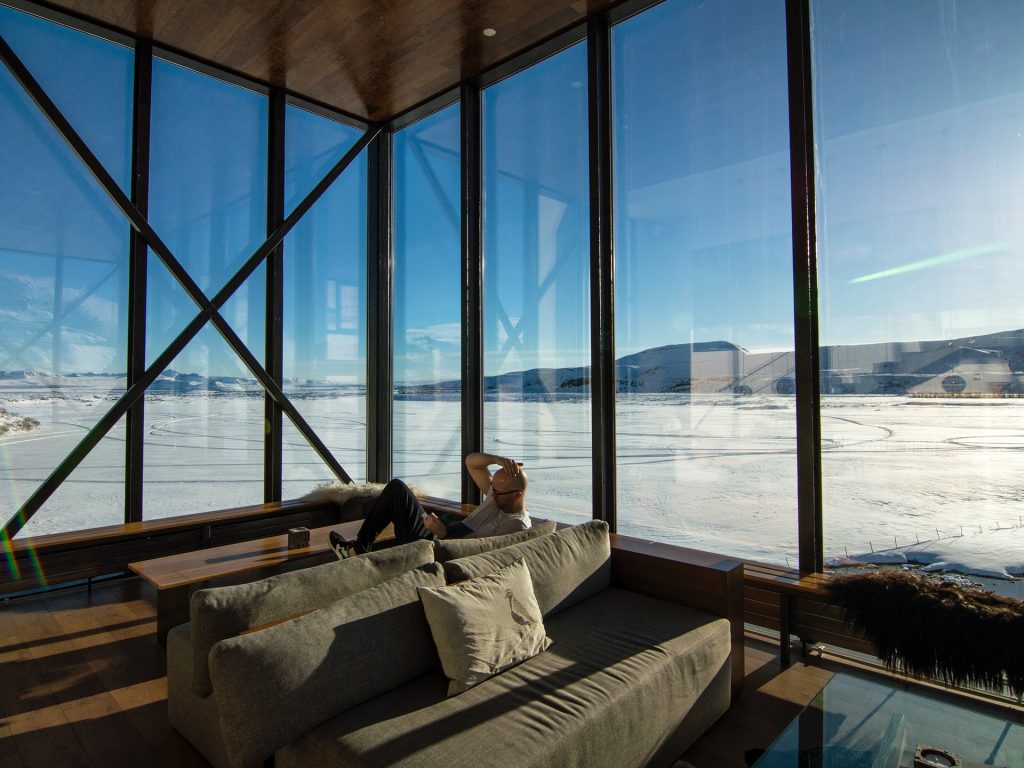If you’re in the market for some new windows, you will likely come across a lot of confusing information. For example, the debate of uPVC versus wood windows. Or why not all window types suit your particular property, especially if you live in a conservation area.
Another such debate – or rather a myth – you may have read is that aluminium windows aren’t thermally efficient. Yet curiously, aluminium windows are used in both commercial and residential buildings across the globe.
From a design perspective, they allow for a much more sleek look, particular when used within renovation work. Architects also don’t generally recommend materials that won’t tick all the boxes either.
So is there any truth to the matter that aluminium isn’t thermally efficient? Here’s everything you need to know.
Are Aluminium Windows Thermally Efficient?

We’ll get straight to the point here – yes! Aluminium windows are thermally efficient because they incorporate a thermal break. If you’re unaware of what that means, a thermal break refers to a gap that provides insulation in between the panes of glass.
A thermal break is something you find in most window types including uPVC which are filled with argon gas. In aluminium windows, a thermal break allows you to bypass the fact that aluminium is a highly conductive material. This means that without a thermal break, it would lose heat quickly in the winter, and allow too much warmth through in the summer.
Yet, aluminium has superior strength while being lightweight, is more stylish and lasts longer than any other window type. So adding a thermal break, it removes the only downside of using aluminium for windows, making it an extremely robust choice.
So what does that mean for you? Well, if you select aluminium windows that have been thermally broken, you’ll benefit from reduced condensation, less heat loss in the winter, cooler rooms in the summer and a reduced carbon footprint.
Why Thermal Efficiency Matters

When choosing a window type, you might only consider the look of the window and the price point. But if you’ve ever lived in a draughty home, or tried to sleep in a room that is too warm in the summer, you’ll know just how much of a pain a lack of thermal efficiency can be.
As windows may up approximately 25% of the average wall space, thermally efficient windows can make a huge difference to the livability of the room, not to mention your energy bills.
Aluminium windows are thermally broken, therefore will help maintain a pleasant temperature all year round. This means less reliance on heaters and fans, not to mention several jumpers. All of which will contribute to a better night’s sleep, as well as a more comfortable environment to work in for commercial buildings.
Over time, your aluminium windows will maintain their thermal efficiency, unlike uPVC and wood windows which can develop gaps and seal failures, allowing draughts in.
Find Out More
We hope the above information has cleared up the longstanding debate surrounding the thermal efficiency of aluminium windows. As well as being sleek and smart, they will keep your property cool or warm, depending on the season.
Aluminium windows can also be customised to any size or shape and can be powder coated in any colour you choose.
Here at ABS, we have 25 years of experience in all things aluminium windows. We’re based in Nottingham but have worked with clients across London and the UK and Ireland. So, if you need any help or advice with your windows we’d be more than happy to assist you.
Please get in touch either by dropping us an email or giving us a call on 01623 721 172.


